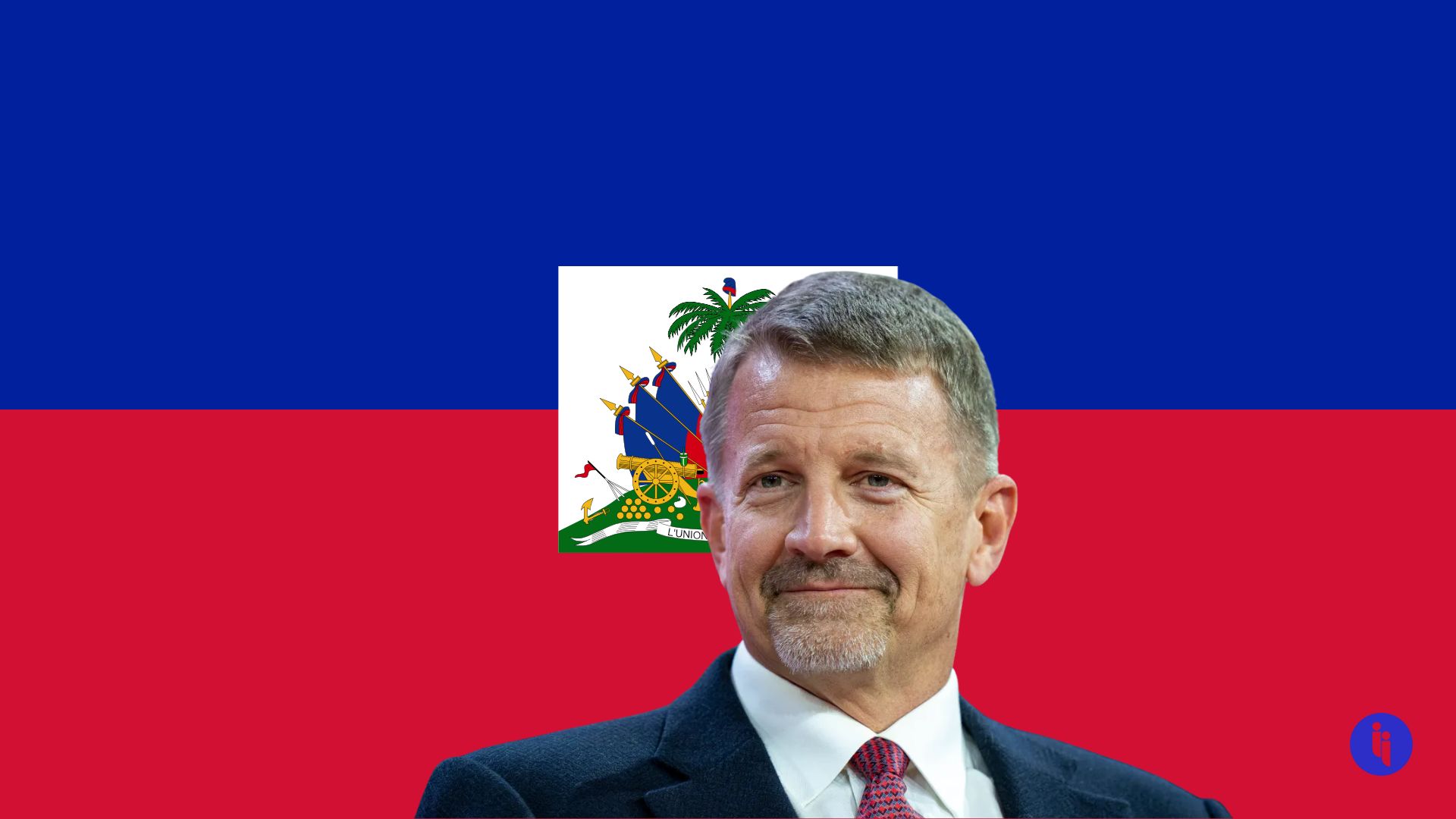Haiti’s situation has been tenuous for decades, but it somehow got worse after the 2021 assassination of President Moïse — more than a million locals (aka ~10% of Haiti’s population) are now displaced, and gangs still control 90% of the capital!
You’ll recall the international community finally backed a Kenya-led security mission last year, but the understaffed and underfunded operation has made little progress, while gangs have killed at least two Kenyan cops.
Haiti’s transitional authority? Still wracked by infighting and corruption allegations.
Stay on top of your world from inside your inbox.
Subscribe for free today and receive way much more insights.
Trusted by 138,000+ subscribers
No spam. No noise. Unsubscribe any time.
“Then send in the UN!”, you might say. But not so fast. Two Security Council members (China and Russia) reject the idea, ostensibly out of concern for Haiti’s history of foreign interference, but inevitably also out of an interest in distracting the US via regional instability.
The UN chief himself is now ruling it out, too: the UN’s last mission in Haiti caused one of the world’s worst cholera outbreaks in modern history.
So that’s where a mysterious company called Vectus Global enters the picture. Founded by infamous Blackwater billionaire Erik Prince, Vectus bills itself as a company “typically hired when critical services or capabilities fail and need to be restored.”
The group has been in Haiti since at least March, quietly deploying drones to help the country’s beleaguered transitional administration. But in a rare interview, Prince has now revealed his mercenary group actually plans to…
- a) stay in Haiti for at least 10 years, and
- b) help set up a tax collection system to finance Haiti’s struggling institutions (and presumably pay Prince’s fees).
His metric for success? Prince says he’ll declare victory when anyone can “drive from Port-au-Prince to Cap Haitian in a thin-skinned vehicle and not be stopped by gangs.”
That’s ambitious, even with hundreds of mercenaries joining him from the US, Europe and El Salvador.
Why? First, there’s the practicality of wresting control back from gangs: just this week, for example, Vectus drones accidentally killed Haitian police instead of criminals.
Second, there’s the long-term sustainability of an operation that (even if successful) leaves Haiti’s key institutions dependent on a private company that’ll eventually leave.
Third, there’s the legality of all this: the precise arrangements between Vectus and Haiti’s Transitional Council remain pretty opaque. And most tax revenue would be generated from goods entering via…
Fourth, the neighbours: the other half of this beautiful island (the Dominican Republic) has long ago lost patience, with Santo Domingo’s popular president ditching his pleas for international help and instead pledging to deport 10,000 Haitians home a week.
So it’s a bumpy road ahead, but at this point, our world doesn’t seem to be offering Haiti any other options.
Intrigue’s Take
We’ve written previously about spooked governments burrowing deeper into the private sector to rebuild their own sense of security, but Haiti is an example of the opposite playing out: beleaguered governments ceding more space to the private sector in core public functions beyond security, and even into something as central as tax collection.
It’s arguably all an example of how the very idea of sovereignty is now evolving under pressure. Whether authorities retreat from tax collection or charge into tech and mining, these evolutions all still share the same basic challenge of how you preserve the basics of public accountability. But then…
Third, it’s also an example of how sheer desperation today can be enough to normalise a move that would’ve seemed wild just years ago.
Also worth noting:
- Eric Prince has stated the US should “put the imperial hat back on” and govern over countries in Africa and Latin America with dysfunctional governments in a 2023 podcast.






